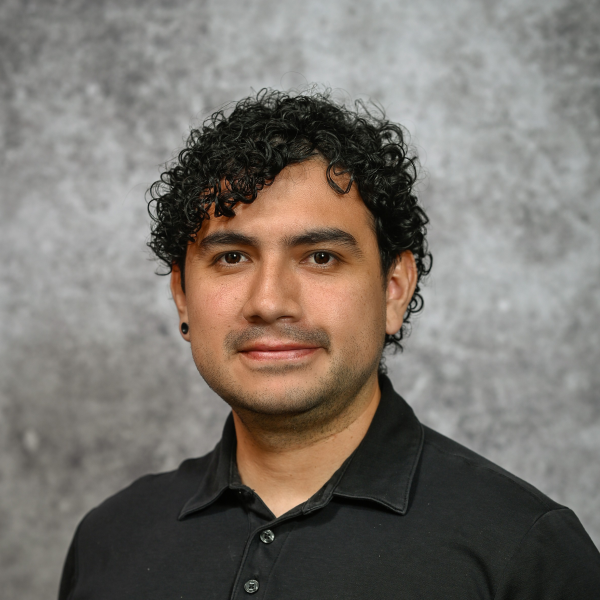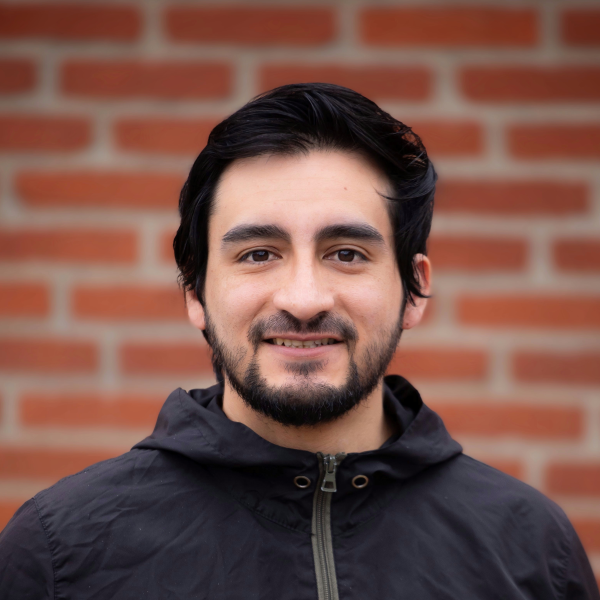

Food System Microbiomes 2025 International Conference, Nov 25-28, 2025, Wageningen, NL

Food System Microbiomes 2025 International Conference, Nov 25-28, 2025, Wageningen, NL
The many pathways to sustainable food systems powered by microbiomes
This early-stage researcher–led session positions microbiomes as integrative components of sustainable food systems. The session aims to highlight research that bridges human, animal, plant, food, and environmental microbiomes, underscoring their interconnections within the broader food system. By linking these domains, the session reflects the complexity and systems thinking required to address the global challenges embedded in the Sustainable Development Goals (SDGs).
To make this complexity engaging and actionable, the session adopts a rapid-fire presentation style in which each speaker delivers image-driven slides to present their research in about seven minutes. This fast-paced structure supports sharp, focused storytelling grounded in real-world challenges and aligned with the SDGs, emphasizing microbiome science as a driver of solutions for local and planetary ambitions on of food security, climate resilience, and sustainable innovation. These presentations will feed into a moderate discussion, where speakers and attendees explore synergies and outline shared visions for the present and future of microbiome research in sustainable food systems.
This session was designed in response to the conference’s call for early-stage researchers to take the lead in shaping a dynamic and engaging platform for emerging scientists to showcase their work, connect disciplines, and foster actionable dialogue among peers from the many dimensions of the food system. In doing so, the session brings to life the many pathways to sustainable food systems powered by microbiomes.
Session chairs Information
Ricardo Garavito Duarte, North Carolina State University, USA 
Ricardo Garavito Duarte is a PhD student and Graduate Research Assistant at Department of Animal Science, North Carolina State University, where he focuses on swine nutrition, gut health, and sustainable feed innovations. He holds an MSc in Animal Science from South Dakota State University and a bachelor’s degree from the National University of Colombia. His research explores the use of alternative protein sources—such as yeast-based co-products and agro-industrial sidestreams—to enhance growth performance, nutrient utilization, and gut integrity in pigs. With academic and applied experience in Colombia and the United States, Ricardo is dedicated to promoting circularity in animal agriculture. His broader goal is to integrate feed innovation, gut health, and resource efficiency to support more sustainable and resilient livestock systems.
Kevin Jerez-Bogota, Aarhus University, Denmark 
Kevin Jerez-Bogota is a postdoctoral researcher in the Gut, Host and Health group at the Department of Animal and Veterinary Sciences, Aarhus University. He works at the intersection of animal nutrition, microbiome science, and data-driven approaches. He holds a PhD in Food Science from Aarhus University and MSc degrees in Data Science and Animal Science from South Dakota State University, USA. His research focuses on host–microbe interactions, digestive physiology, and gut microbial ecology, using experimental models and multi-omics integration to improve gastrointestinal health through biofunctional feeds. With experience in both academia and industry across Colombia, the U.S., and Denmark, he currently contributes to the PIG-PARADIGM project, which integrates host, microbiome, nutrition, and data science to develop strategies that enhance animal health and reduce antimicrobial use to fight antimicrobial resistance. Kevin advocates for systems thinking and cross-domain collaboration to embed microbiome research within sustainable livestock systems.
© ÖGMBT 2026 || CONTACT || IMPRINT ||
Datenschutzerklärung/Privacy
Policy ||
Follow us on LinkedIn ![]() and Twitter/X
and Twitter/X ![]() for updates and further information on upcoming events.
for updates and further information on upcoming events.